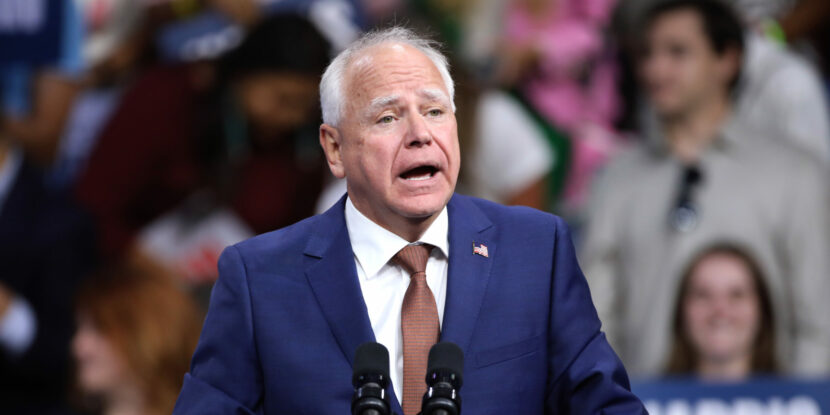Josep Borrell, High Representative of the European Union for Foreign Affairs and Security Policy and Vice President of the European Commission, is afraid of a national populist surge in 2024, due to the worsening migrant crisis. Such a resurgence would represent a second major moment for the populist right, similar in nature to the Brexit and Trump victories in 2016.
“I am afraid of fear, I am afraid Europeans vote because they are afraid. It’s scientifically proven that fear in the face of the unknown and uncertainty generates a hormone that calls for a security response. This is a fact,” claimed Borrell, who like many top EU officials was appointed to his post without reference to voters.
The European Union (EU) establishment is increasingly concerned that national conservative and populist parties could make gains in the European Parliament elections scheduled for June 2024, with the Alternative for Germany party (AfD) having already made significant progress at the local and regional level in the EU’s socialist-governed economic powerhouse in 2023.
Overall, the populist right in Europe has seen mixed success in recent years. Viktor Orban won a fourth consecutive term in Hungary in 2022. Italy elected what was supposed to be its most conservative prime minister in decades, Giorgia Meloni. Though she was quickly subverted.
This year also saw populists lose ground in Spain’s elections, and the Socialist government cling to power despite the establishment right pushing it into second place. Similarly, Poland’s Law and Justice party (PiS) was ousted by Donald Tusk, a former EU president, despite placing first, after a coalition of globalist parties cut a deal to seize control.
Populist stalwart Geert Wilders placed first in the Dutch elections, although negotiations over the Netherlands’ next government, which will be some form of coalition, remain unresolved.





















